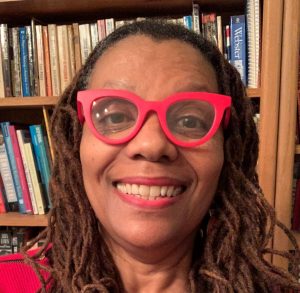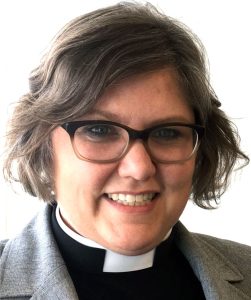Welcome Back
If you are a Program Participant, Program Facilitator, or JustFaith Network Member you are in the right place! Log in to see all your content.
Forgot your password?What our program participants are saying

I applaud the JustFaith Ministries leadership for having the insight and courage to sponsor these modules on race and white privilege, and I’m grateful for the opportunity to be involved in their development. These modules have an advantage over similar secular workshops because they take place in a faith-based environment with an emphasis on spiritual growth. We not only delve into the truth about the history of racism in the U.S., but we also go into depth, without blaming or shaming any individuals, about how we, as well-intentioned people of goodwill, have all inadvertently been socialized to be adversely affected by institutional racism. Race is an uncomfortable subject for most of us to talk about, but these modules encourage respect and kindness so that awareness and growth along this spiritual journey will take place in a safe environment with fellow believers who seek the truth.

The global pandemic is creating a hunger crisis, and as people of faith we are called to respond in meaningful ways. Hunger: A Faith and Justice Response brings the resources and tools to address this hunger crisis and community building practices to empower people of faith to take action

This module impacted me by opening my eyes and heart to the ongoing effects of white privilege. It moved me to be more aware of the long-term damage done to African Americans by historic systemic suppression and slavery.
